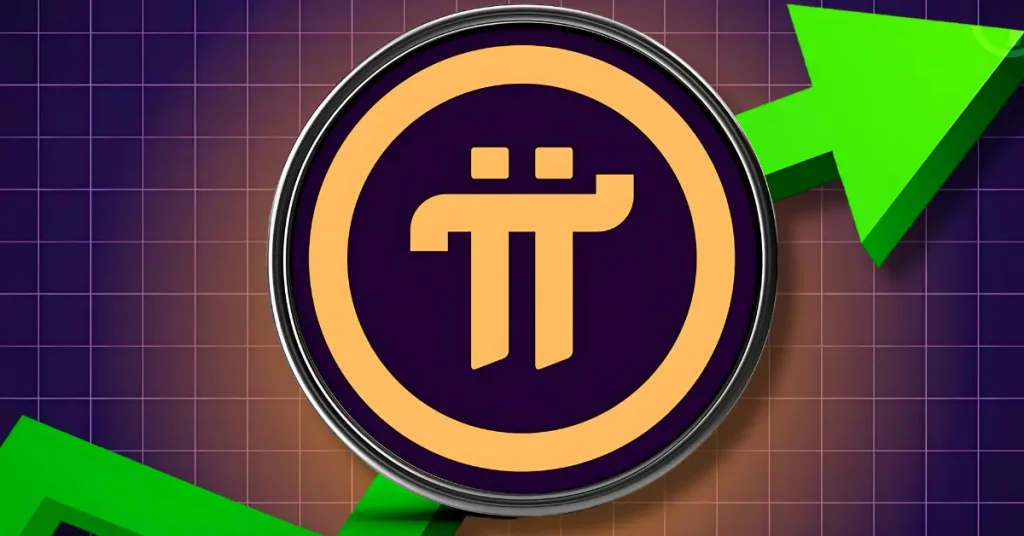ARTICLE AD BOX

- Lido Finance launched an emergency vote after a suspected key leak from Chorus One’s oracle node.
- stETH is now expanding across networks like Lisk and Soneium for broader DeFi accessibility.
Lido Finance is back in the spotlight after a private key leak from one of their oracle nodes, belonging to Chorus One. As a result, the oracle address—which had been in use since 2021—was suddenly drained. This is not a story about a bug, but about a potential compromise that was immediately taken seriously.
 Emergency Lido DAO vote announcement: rotate single Lido Oracle related to compromised Chorus One oracle private key.
Emergency Lido DAO vote announcement: rotate single Lido Oracle related to compromised Chorus One oracle private key.
Stakers are not affected. The protocol remains secure and fully operational. The oracle system is robust by design, with a 5/9 quorum, and all other…
— Lido (@LidoFinance) May 11, 2025
Lido Finance Responds Swiftly to Chorus One Oracle Breach
Chorus One immediately replaced its oracle address with a new one. They also rebuilt the infrastructure with a more isolated and secure machine. On the other hand, Lido DAO did not sit idly by. They immediately initiated an emergency vote to remove the node from their multisig oracle system.
Fortunately, because Lido’s oracle system relies on a 9-out-of-5 scheme, this incident did not directly impact the security of the protocol or stakers. So, no one needs to rush to unstake ETH just because one weak point was leaked.
Furthermore, the investigation is ongoing. Chorus One together with Lido contributors are trying to find out what really happened and where the leak started. While waiting for the final results, transparency is being maintained. A post-incident report is promised to be released once all the data is collected.
stETH Expands to Lisk, Soneium, and Gains Institutional Access
Interestingly, in the midst of this technical chaos, Lido is apparently busy with many things. They have just submitted the Lido Improvement Proposal (LIP) 28. In essence, this proposal will give stETH holders veto rights over major governance decisions that were previously only available to LDO holders.
How? stETH holders can store their tokens in a special escrow contract. If the amount exceeds a certain limit, a proposal can be canceled or at least postponed. Just imagine if this feature had been active before the Chorus One incident—perhaps the decision could have been monitored more quickly by the community.
It doesn’t stop there. Lido is also expanding the reach of the stETH token to new networks. Now, stETH is available on Lisk—Ethereum’s Layer 2 blockchain targeting emerging markets—and Soneium, Sony’s network designed to support creators and communities. StETH is increasingly flexible, it can be used across networks without the hassle of constantly changing wallets.
Collaboration is also being carried out with Copper, a digital asset custodian platform. Through this integration, Copper’s institutional clients can stake ETH through Lido and receive stETH in return. The goal is clear—to open the door as wide as possible for institutions that have been reluctant to deal with technical issues.
And if you thought that was enough, wait a minute. Lido has also launched a new Multichain Hub, a kind of one-stop-shop dashboard for finding and using stETH across multiple Layer 2 networks. It’s not just to show off the technology, but also to answer one important question: how can stETH be more useful outside of the Ethereum network?
Meanwhile, as of the writing time, LDO is trading at about $1.09, up 36.34% over the last 7 days and 50.16% over the last 30 days.
.png)
 3 hours ago
2
3 hours ago
2








 English (US)
English (US)